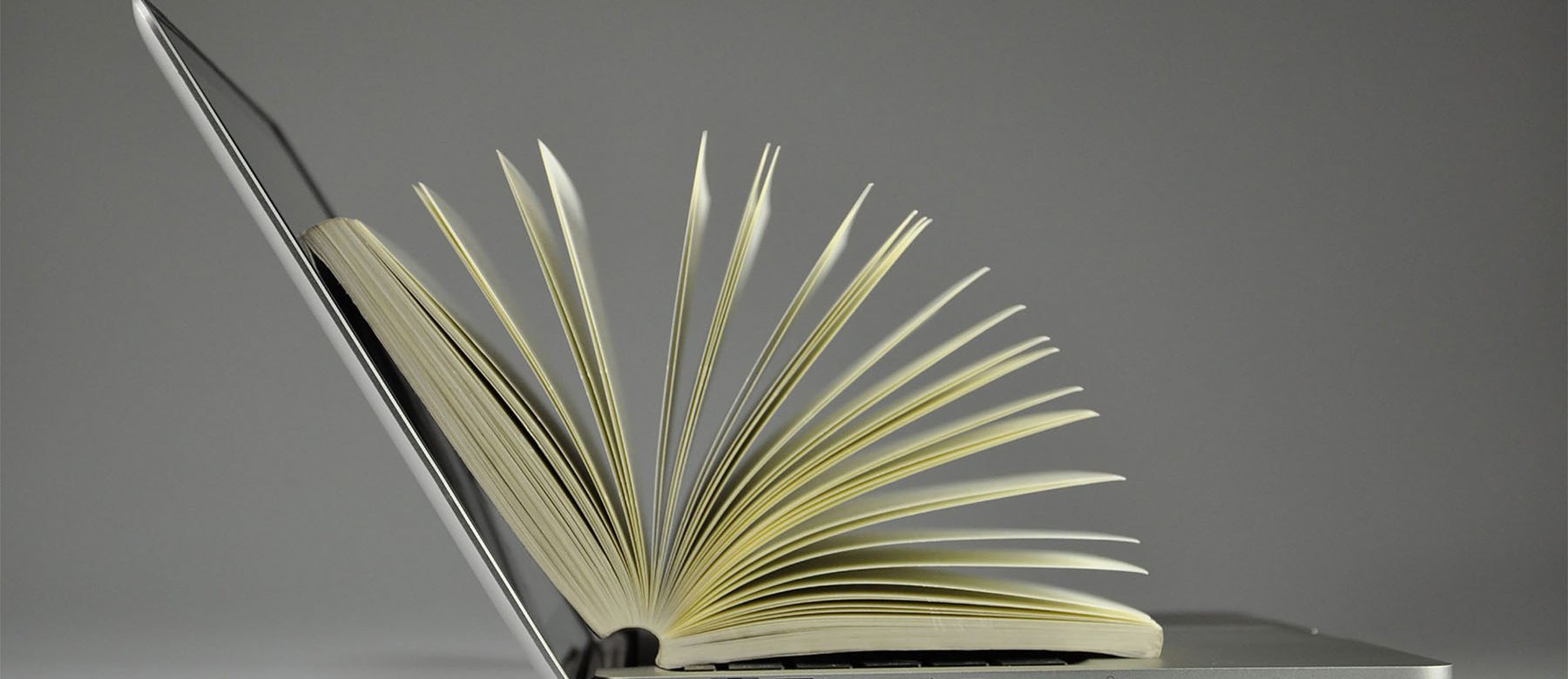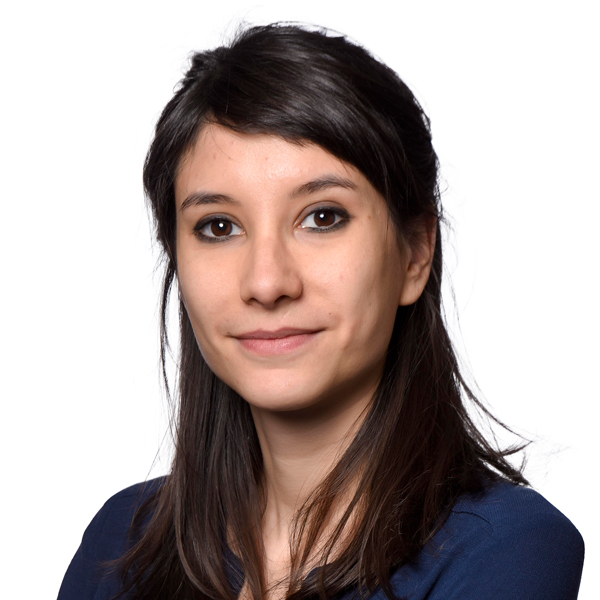The Humanities move towards Open Science
Subject: Arts and humanities
The UOC Library reports on the projects and infrastructures presented at the Open Science & The Humanities conference organized by the University of Barcelona.
For some time now, the experimental science disciplines have embarked upon an open movement, with open science (open access, open data, etc) as their destination. Not to be left behind, the Humanities have fostered new European projects and networks geared towards open science, some of which featured in the Open Science & The Humanities conference.
Gema Santos and Sebastiano Giorgi-Scalari from the UOC Library attended the conference, which was organized by the University of Barcelona in collaboration with Ep.net, SIRIS, CEIPAC, ERC and the European Commission. The programme was structured in three sessions moderated by Bernardo Rondelli from SIRIS Academic and Ignasi Labastida from the University of Barcelona.
Good practices
The first part of the conference featured the presentation of projects that bring together the more traditional Humanities studies with the very latest technology.
Of note was the paper by Paul Ayris (University College London) about UCL Press, a sustainable model for open access publication of dossiers, books and scientific articles. The University combines open access to contents with sales of alternative formats, such as EPUB, hardback and paperback editions. This way, UCL Press covers the publishing costs while maintaining its commitment to open access; in fact, its latest collection of books has had over a million downloads in less than two years.
In addition, Diana Roig (Universitat Oberta de Catalunya and Oxford Internet Institute), presented the UOC's MapModern project, focused on the impact of twentieth-century Spanish and Portuguese literary networks and cultural mediators. Thanks to an open and collaborative tool, a drawing was created using dynamic maps that combines the semantic technologies of the internet, such as LinkedData.
The following are some of the projects presented during the Open Science & The Humanities conference:
Created in 2015 to globally disseminate research results openly and in digital format. It is the UK's first completely open university publisher, linked to University College London (UCL), publishing academic research dossiers, text books and journals.
The Economic & Political Network project seeks to establish a political-economic framework that enables a reconstruction of what trade in the ancient Roman Empire was like. It has one of the most extensive databases of amphorae and epigraphs.
The digital platform Poetry Standardization and Linked Open Data is committed to the open analysis of poems. The aim is to establish channels of communication between the different cultural and literary traditions and open access to different user profiles.
The Archaeology Data Service is a digital depository for archaeological and heritage data, following data standards through its Good Practices Guides. It has three main collections, which bring together metadata from the UK's historical inventories and its archaeological bibliography.
Uses the most advanced technology to analyse the impact of the Spanish and Portuguese literary networks and cultural mediators. To do this, the project uses an open and collaborative research tool with around a hundred Hispanic mediators.
European infrastructures
The second part of the conference focused on examples of European networks. Along with Europeana, Clarin and ARIADNE, DARIAH is a specific example of how the European Union is preparing for the leap to open access with infrastructures devoted to the collection and dissemination of knowledge generated by European research. Its focus is the interoperability, enriched semantics and interconnection standards for the reuse of academic scientific projects from their data sets and from all of the information generated by public funding.
This is a pan-European infrastructure for Arts and Humanities academics. It connects 17 European countries and seeks to contribute to the design and successful implementation of the Open Science policy and directives and services related to the open sharing of research.
Europeana Research aims to foster the flow of information between researchers while opening up millions of cultural records. It carries out practices related to the opening and interoperability of cultural heritage data for academic research.
Project aimed at the integration of archaeological databases in Europe. It has created a register of 2,000,000 pieces of data to overcome data fragmentation and proposes a continuation with ARIADNEplus with the intention of creating an archaeological data cloud.
This was set up to create and maintain a support infrastructure for the exchange, use and sustainability of language data and tools for research in the humanities and social sciences. The tools and data from different centres are interoperable.
Gema Santos holds a PhD in Information Science in the Knowledge Society from the University of Barcelona and a master's degree in the Information and Knowledge Society from the UOC. Her professional experience is as a documentalist, teacher and researcher.
Sebastiano Giorgi-Scalari has a master's degree in Digital Content and Business Communication from the International University of Language and Media in Milan, and a master's degree in Digital Content Management from the University of Barcelona. He has spent his career in education and in institutional repositories.


